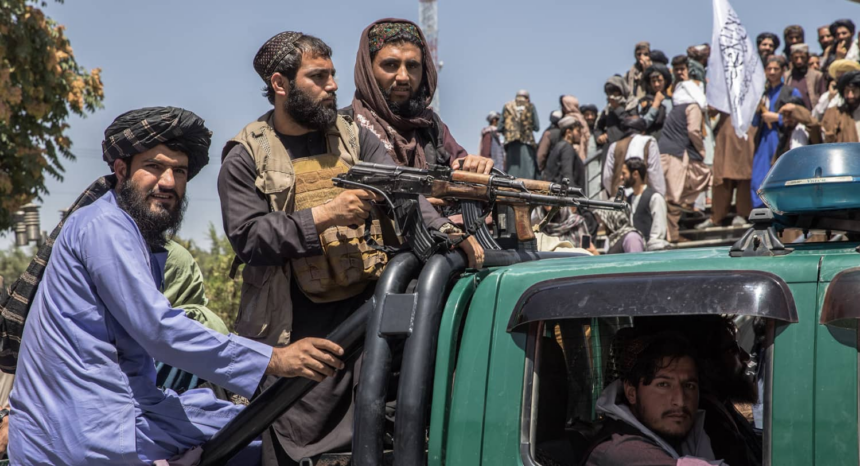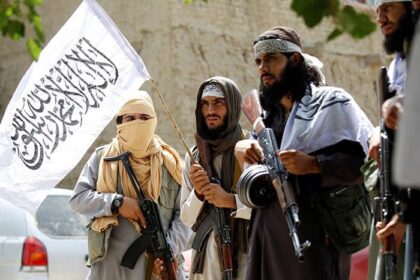RASC News Agency: Several officials from Afghanistan’s former government have accused the Taliban of weaponizing Islam as a means to entrench their authority and impose absolute control over the Afghanistani people. According to these officials, the Taliban manipulate Islamic teachings, distorting religious texts to serve their political ambitions, using the Quran and Hadiths as tools to legitimize their rule. Amrullah Saleh, former Vice President of Afghanistan, strongly criticized the Doha Agreement, calling it an act of betrayal by the United States. In an interview with Deccan Herald, he asserted: “This agreement facilitated the Taliban’s return to power.” He further stressed that the Taliban hold no legitimate authority and instead exploit Islam as a cloak for their oppressive regime.
Describing the current state of Afghanistan under Taliban rule as “catastrophic”, Saleh stated: “The Taliban enforce a radical and rigid interpretation of Islam that is rejected even by the broader Muslim world. Women and minority groups are systematically oppressed under their rule.” He also underscored the growing resistance against the Taliban, revealing: “This resistance is not confined to Panjshir alone. The Taliban have been forced to allocate 75% of their military resources to suppress opposition forces.” Saleh further issued a stern warning regarding Pakistan’s involvement in supporting the Taliban, declaring: “Islamabad played a pivotal role in the Taliban’s rise, and now they are grappling with the repercussions of their own actions.” He urged India to balance realpolitik with its commitment to democracy, cautioning: “The Taliban were engineered to fuel instability, and any engagement with them carries grave risks.”
Meanwhile, Akbar, a former military commander, condemned the Taliban as an extremist and illegitimate entity, asserting: “The Taliban’s primary strategy revolves around exploiting Islam to maintain their grip on power. No group has ever manipulated religion as systematically as they do.” These accusations are not new, as the Taliban have long been criticized for their use of religious doctrine as a political weapon. Numerous Islamic scholars have denounced the group as radical extremists, despite the Taliban’s self-portrayal as the true representatives of Islam and proponents of a ‘moderate’ governance model.






